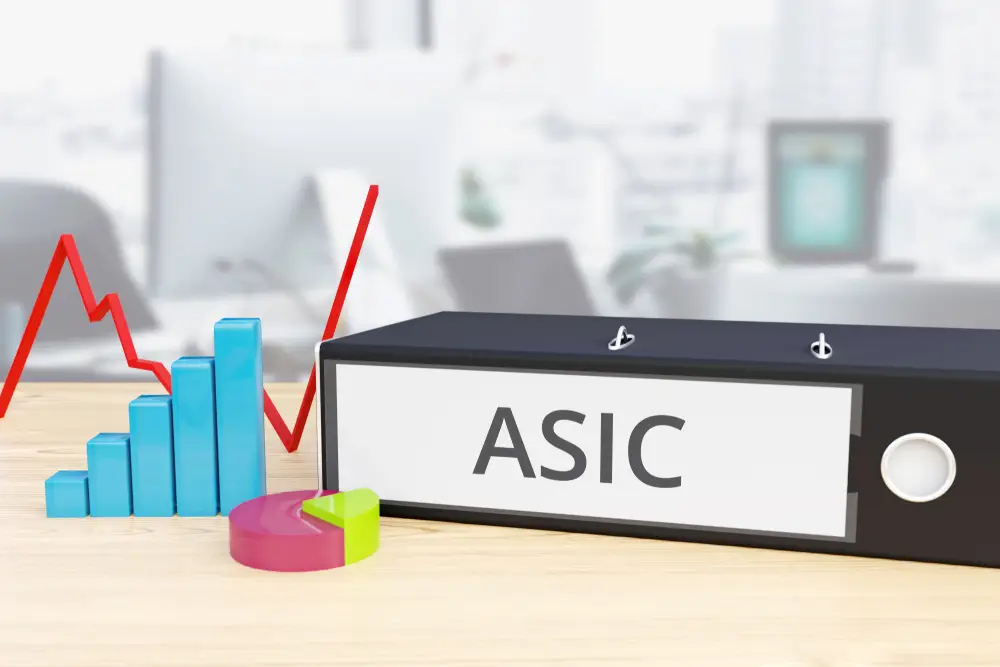If you own and operate a large proprietary requirement ASIC will require that your company becomes audited and lodges financial reports. This requirement will apply regardless of whether your only shareholders are family members and regardless of whether you have bank debt or not.
What is the criteria for being a large proprietary company?
If your head company satisfies two of three tests it will become a large proprietary company.
The consolidated revenue of the head company is more than AUD $50m;
The value of gross consolidated assets exceeds AUD $25m;
The number of controlled employee across the group at year end is over 100.
Consolidated numbers are important
When looking at the above tests the consolidated numbers are important in determining if you are a large proprietary company. So if your company owns say, 5 companies, each of whom employs only half of the above numbers – you would add up the group together such that the total number was considered.
For example
A company in Perth owns 5 subsidiaries. Each subsidiary company employs 40 team
Members. So the controlled consolidated employees is 200 staff members.
In this case one of the three tests is satisfied.
The turnover test to becoming a large proprietary company
When looking at the consolidated gross turnover test it is important to understand what is revenue and what is not revenue.
Importantly revenue generated from internal sales across your group is not part of your consolidated turnover. The sales to and fro your related entities becomes eliminated on consolidation and is not part of your overall testing.
Further sales does not include the sales value from assets that only yield commission to the business. So a large real estate licensee would not look at the value of property sold – only commissions payable to them. Likewise an insurance brokerage would not consider the value of premiums.
The accounting standard AASB 118 should be looked at when determining what is revenue. Some types of income are not revenue – like the revaluation of real estate (for most) or franking credits. Likewise, goods and services tax is not part of your total revenue calculation.
The employee test to becoming a large proprietary company
The test relates to the controlled number of full time employees at year end. So if your business is seasonal with a high or low number of employees at year end you should carefully monitor the threshold as that moment in time might create problems (or opportunities).
Likewise, if you employ a person on a part-time basis you should be counted as their full-time equivalent. So, if you employ two part time employees with a 0.5 workload that will become one full-time employee.
The consolidated gross assets test to becoming a large proprietary company
The consolidated gross assets of a company means that gross assets of the head company and all of the gross assets of the subsidiaries (internal holdings are excluded).
The gross assets here are relevant. So you cannot reduce the group consolidated assets by any bank debt that is connected to the asset.
If you are looking at identifying the consolidated gross assets you will need to looking at the accounting standards to properly classify assets. In particular identifying the gross valued of your leased assets as determined under accounting standard AASB 16.
What does it mean to be a large reporting company?
If your company is a large reporting company you will be required to lodge consolidated financial reports for your corporate group and also become subject to audit by a registered company auditor.
The audited accounts must be submitted to ASIC within four months of your financial year end.
How to avoid becoming a large reporting company?
If you do not want to lodge accounts because you are a large proprietary company will have to change your business operations. The law is relatively clear and you can only avoid the lodgement requirements by not fulfilling the tests.
Practically we have seen some strategies including:
- Creating an employment company outside of the controlled group so that your number of employees within the group is lower.
- Employing contractors so that your number of employees is lower.
- Purchasing assets outside of the controlled group (noting the impact of the leased assets accounting standard).
- Structuring your business long term so that the head company is owned by a trust (this might create tax problems as you might not be able to enter into a tax consolidation).
All of the above strategies have downsides and should be considered carefully and not designed purely to thwart the intention of the law. Another option is to simply lodge the accounts – the lodgement of general purpose financial reports, in some cases, does not give competitors any advantage in seeing the financial position of a company and can save significant heartache in the group.
Further, if your head company is lodging ASIC accounts because it is a large proprietary company does not mean that all of your companies are exempted. You can potentially exempt subsidiary companies (who themselves might also be a large proprietary company) by preparing a deed of cross guarantee.
Regardless of your ultimate decision the long-term structuring of your business is important. The deeply private nature of many family owned business can be challenged when your business grows and becomes successful – and that growth can bring about additional administration costs regardless of whether you want them or not.
If you are structuring your business for long term growth it is important to choose an advisor who can grow with you. At Westcourt we have only one focus – helping founder led family-owned business. And give our deep international network of advisors, our proven technical commitment to tax expertise and our entrepreneurial skill – we are a natural choice for growth orientated businesses in Perth. So why not give us a call?

